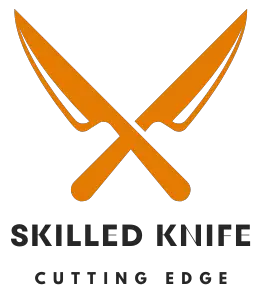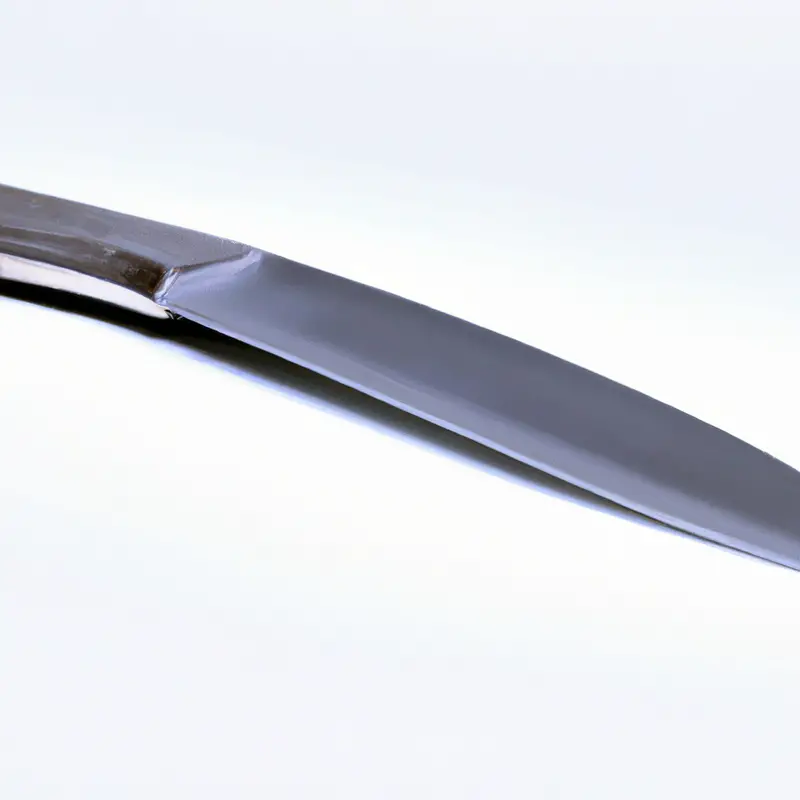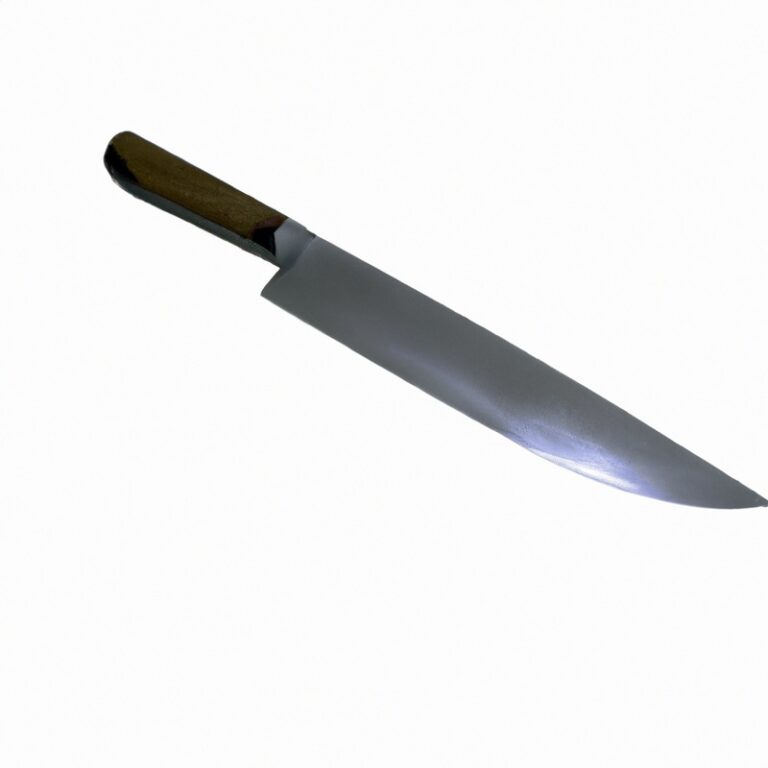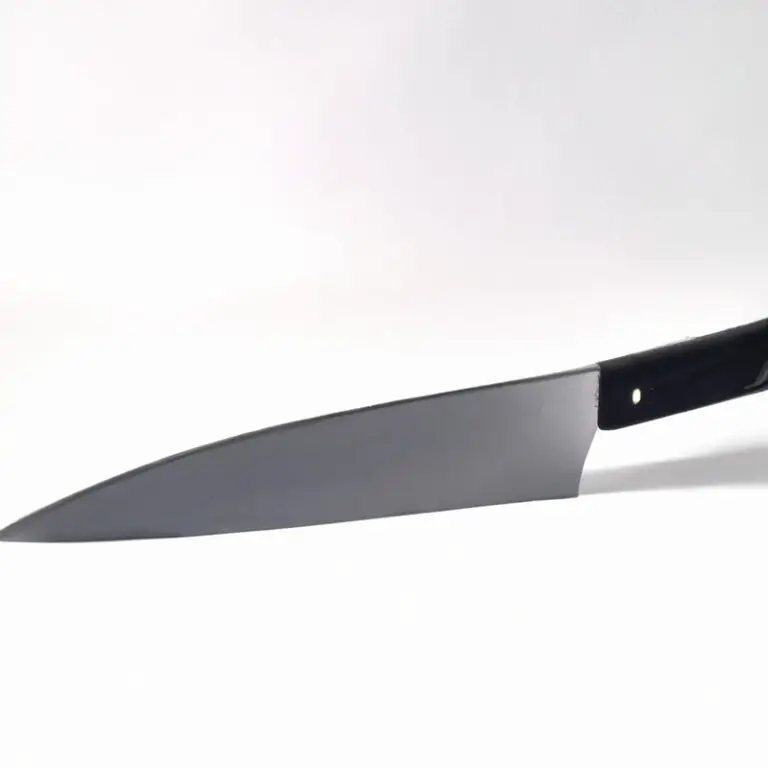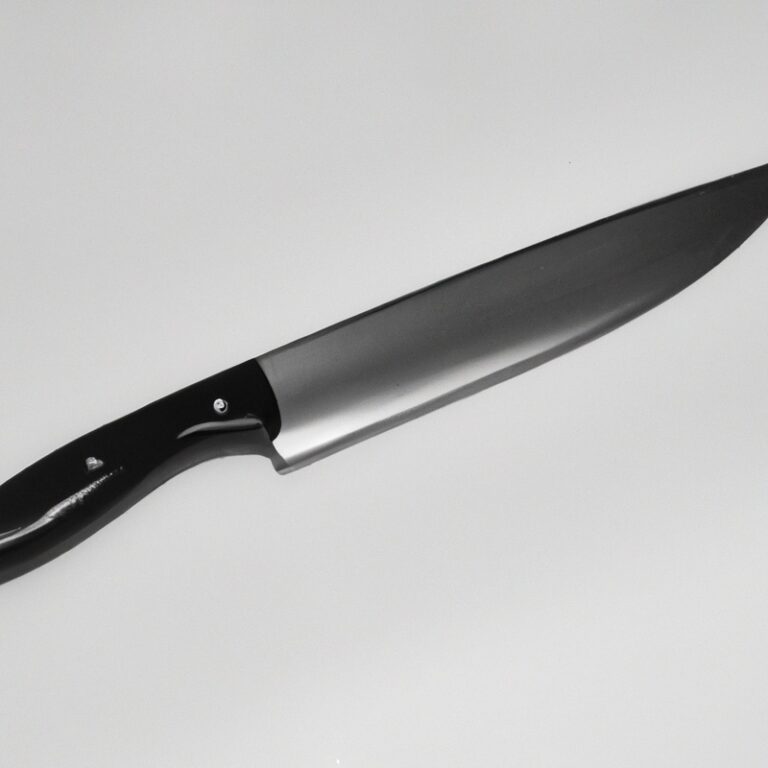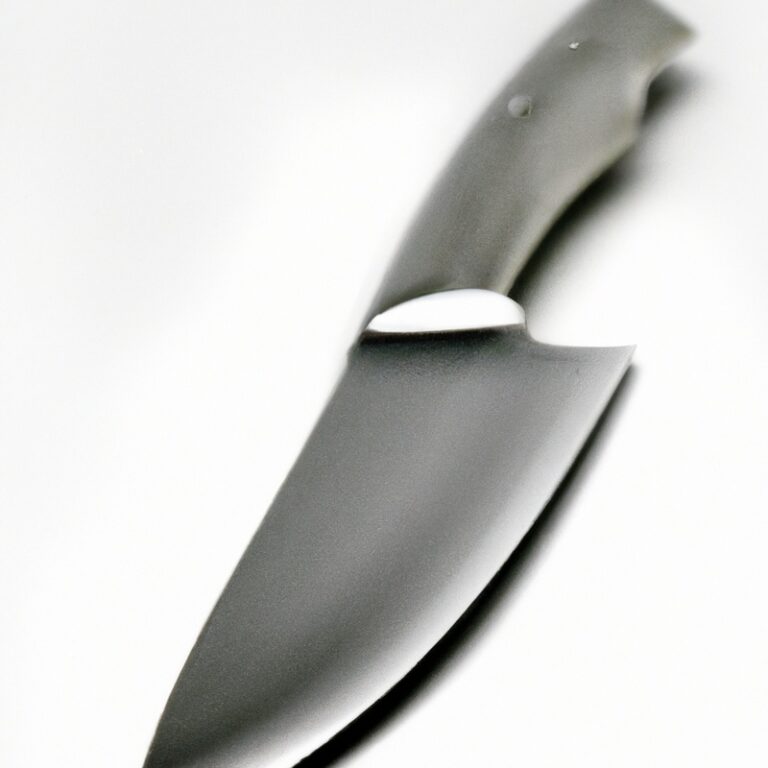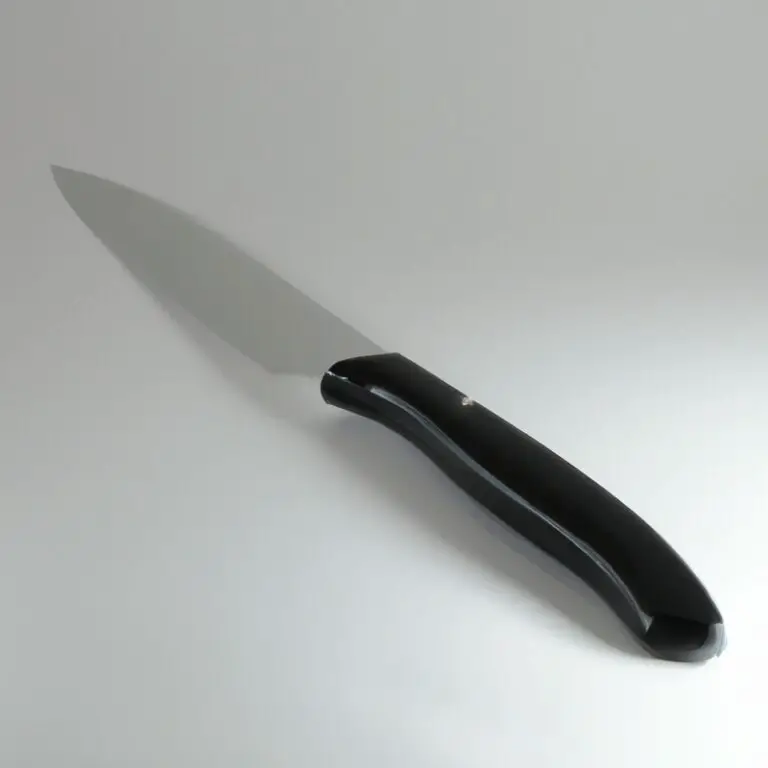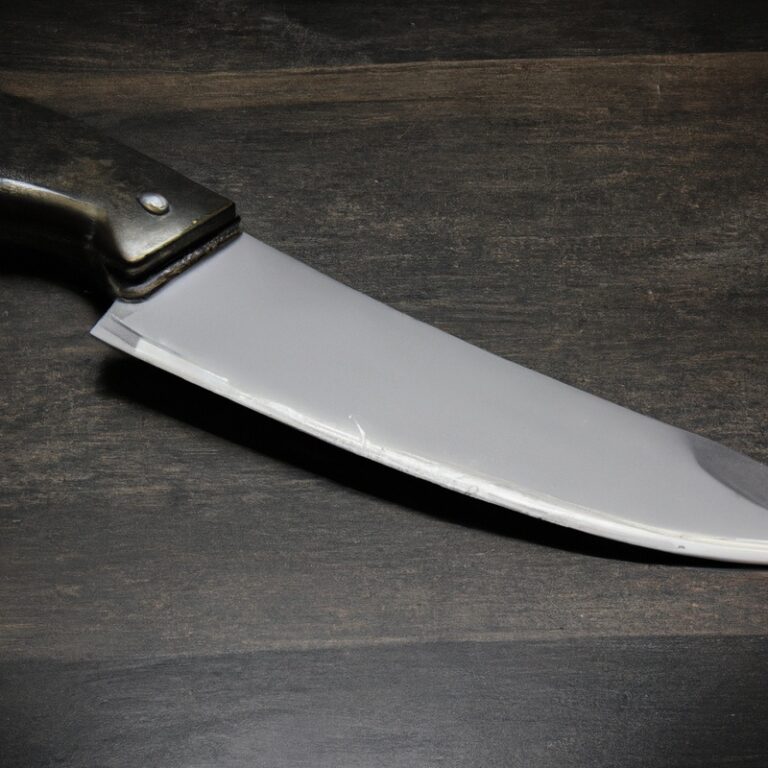What Is The Effect Of Boron In Knife Steel?
Key Takeaways:
- Boron improves the hardenability of knife steel.
- Boron enhances the wear resistance of knife blades.
- Higher boron content in knife steel can lead to improved edge retention.
- The addition of boron in knife steel can help improve overall toughness.
Have you ever wondered what makes a knife strong, sharp, and durable? Well, one of the lesser-known contributors to these qualities is boron.
Yes, that’s right, boron, the element you may have vaguely remembered from chemistry class.
But what does boron actually do in knife steel? How does it affect hardness, toughness, and wear resistance?
And what role does it play in heat treatment and corrosion resistance?
In this article, I will shed light on the fascinating properties of boron and its impact on knife steel, helping you understand the overall significance of this versatile element. Get ready to dive into the hidden world of boron and its magical effects on your beloved blades!
| Effect of Boron in Knife Steel | |
| Aspect | Effect |
| Boron Content | Improves hardenability |
| Toughness | Increases impact resistance |
| Grain Size | Refines grain structure |
| Wear Resistance | Enhances wear resistance |
| Corrosion Resistance | Can improve corrosion resistance |
Understanding the Role of Boron in Knife Steel
The Influence of Boron on Steel Hardness
Boron plays a significant role in increasing the hardness of steel.
When added as an alloying element, it strengthens the microstructure of the steel, making it harder and more resistant to wear.
Boron combines with carbon in the steel, forming hard carbides that contribute to its hardness.
It also aids in retaining the hardness during heat treatment processes.
Therefore, the presence of boron in knife steel can greatly enhance its hardness, resulting in improved cutting performance and durability.
Impact of Boron on Steel Toughness
Boron has a significant impact on the toughness of steel. It can enhance the resistance of steel to cracking and improve its ability to withstand impacts.
By adding boron to steel, it helps to refine the grain structure, making it harder for cracks to propagate.
This results in a tougher material that is less likely to fail under stress. Boron also aids in the formation of carbides, which further improve the toughness and strength of the steel.
Overall, incorporating boron into the steel composition can greatly enhance its toughness.
Improving Wear Resistance with Boron
Improving wear resistance is a key goal in knife steel, and boron plays a significant role in achieving this. Boron enhances the hardness of the steel, making it more resistant to wear and abrasion.
It forms fine carbides that act as barriers against cutting and grinding forces, increasing the steel’s durability.
By incorporating boron into the steel composition, manufacturers can create blades that retain their sharpness for longer periods. This means fewer sharpenings and a longer lifespan for your knife.
Considering the wear resistance benefits of boron is essential when selecting a high-quality knife steel.
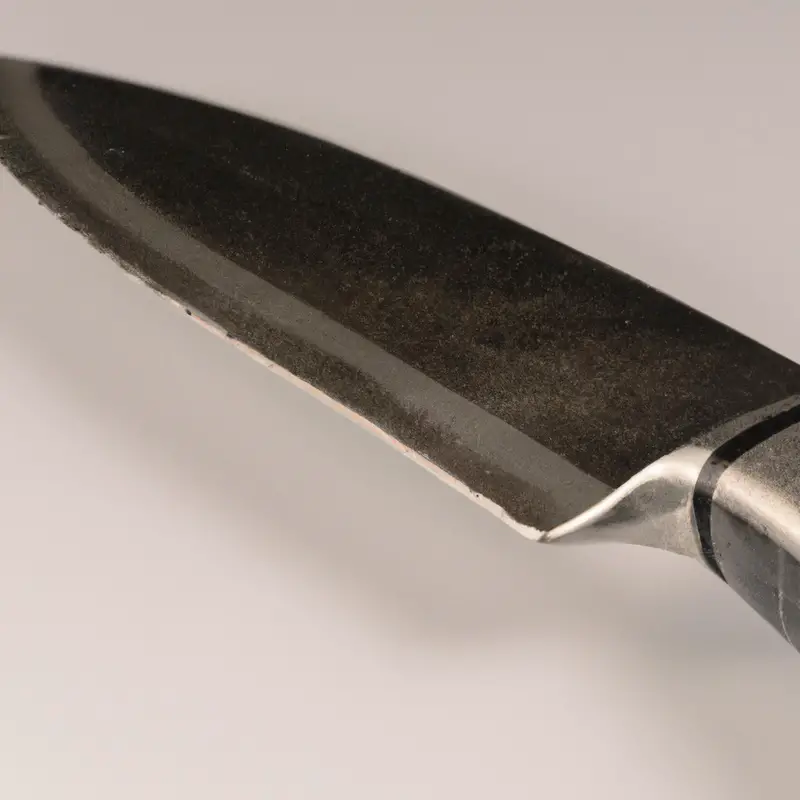
The Role of Boron in Steel Heat Treatment
Boron plays a significant role in steel heat treatment. It acts as a hardening element, promoting the formation of fine-grained structures during quenching, which improves the steel’s overall strength and hardness.
Boron also helps enhance the hardenability of steel, allowing for deeper and more uniform hardening.
Additionally, it aids in reducing distortion and cracking during the heat treatment process. However, it’s important to note that excessive levels of boron can negatively impact machinability.
Therefore, proper control and consideration of boron content are crucial in achieving optimal heat treatment results.
Boron’s Effect on Corrosion Resistance
Boron has a positive effect on corrosion resistance in knife steel.
It helps in the formation of a protective oxide layer on the surface of the steel, which acts as a barrier against harmful substances like oxygen and moisture.
This oxide layer helps prevent corrosion, ensuring that the knife stays in good condition for a longer time.
By including boron in the steel composition, knife manufacturers can enhance the corrosion resistance of their products.
It is an important factor to consider when selecting a knife for outdoor or marine environments.
Considerations and Limitations of Using Boron in Knife Steel
Incorporating boron in knife steel can offer various advantages, but it’s important to consider some considerations and limitations.
- Brittleness: High levels of boron can increase the risk of brittleness in the steel, affecting its overall toughness. It’s crucial to strike a balance to ensure the knife maintains its durability.
- Heat treatment challenges: Boron can make heat treatment more complex. The elevated hardenability can lead to inconsistent hardness throughout the blade if not carefully managed during the heat treatment process.
- Corrosion resistance: While boron can improve wear resistance, it doesn’t significantly enhance the steel’s corrosion resistance. Care should be taken to implement adequate corrosion protection measures.
- Cost: Boron is an expensive element to incorporate into steel production. Manufacturers need to consider the cost implications and balance it against the performance enhancements it provides.
By considering these factors and working closely with experienced steel manufacturers, knife makers can harness the benefits of boron while mitigating any limitations that may arise.
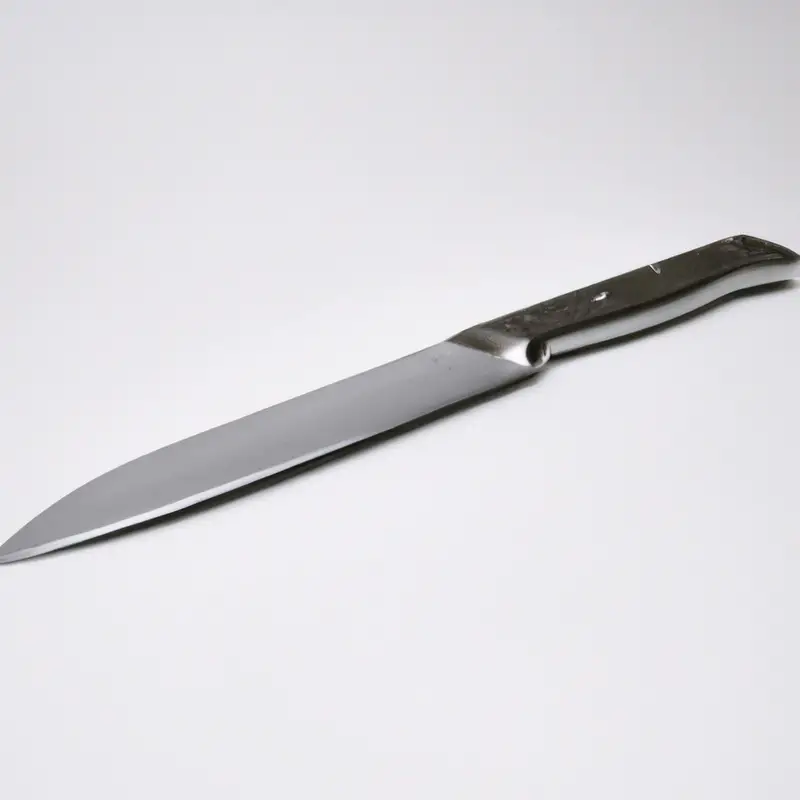
Final Verdict
Boron plays a crucial role in enhancing the properties of knife steel. As an alloying element, it improves hardness, wear resistance, and toughness, making the steel more durable and long-lasting.
Boron also influences the heat treatment process, enabling better control of hardness and strength.
However, there are considerations and limitations to using boron, such as potential brittleness and difficulty in achieving high levels of corrosion resistance. Overall, understanding the role of boron in knife steel can empower knife enthusiasts to make informed choices and select the best steel for their needs.
